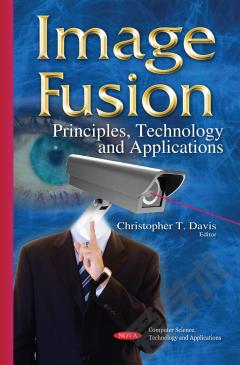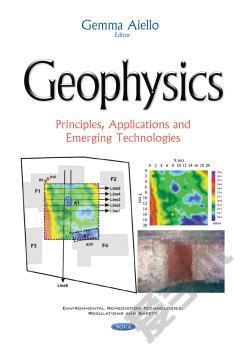Liquid Chromatography: Principles, Technology and Applications
The versatility of liquid chromatography (LC) allows its applicability to countless areas. From the quality control of various industries, such as pharmaceutical, alimentary or chemistry, passing through health, environmental, toxicological or forensic activities, and also in the area of genetics or R&D; liquid chromatography applications are used worldwide. This book presents key support for everyone that works or intends to work in analytical fields, from students to senior researchers. The principles of liquid chromatography, the new fluorinated stationary phases or how to achieve robustness, are examples of fundamental liquid chromatography issues that are discussed in the book. Furthermore reviews about the latest developments on the LC-MS/MS determination of antibiotic residues in food-producing animals or of emerging pollutants in environmental samples are presented, as well as liquid chromatography applications for the determination of vitamin E isomers in foods. Preparative liquid chromatography is also discussed, as is the role of liquid chromatography to evaluate food authenticity, namely milk and dairy products. Last but not least, metabolomic and proteomic analysis, as well as serendipity are important issues that also benefit liquid chromatography utilization. The present book is truly innovating and, certainly, will be an important tool for those that are engaged in analytical science in all of the different areas of interest.
{{comment.content}}








 京公网安备 11010802027623号
京公网安备 11010802027623号